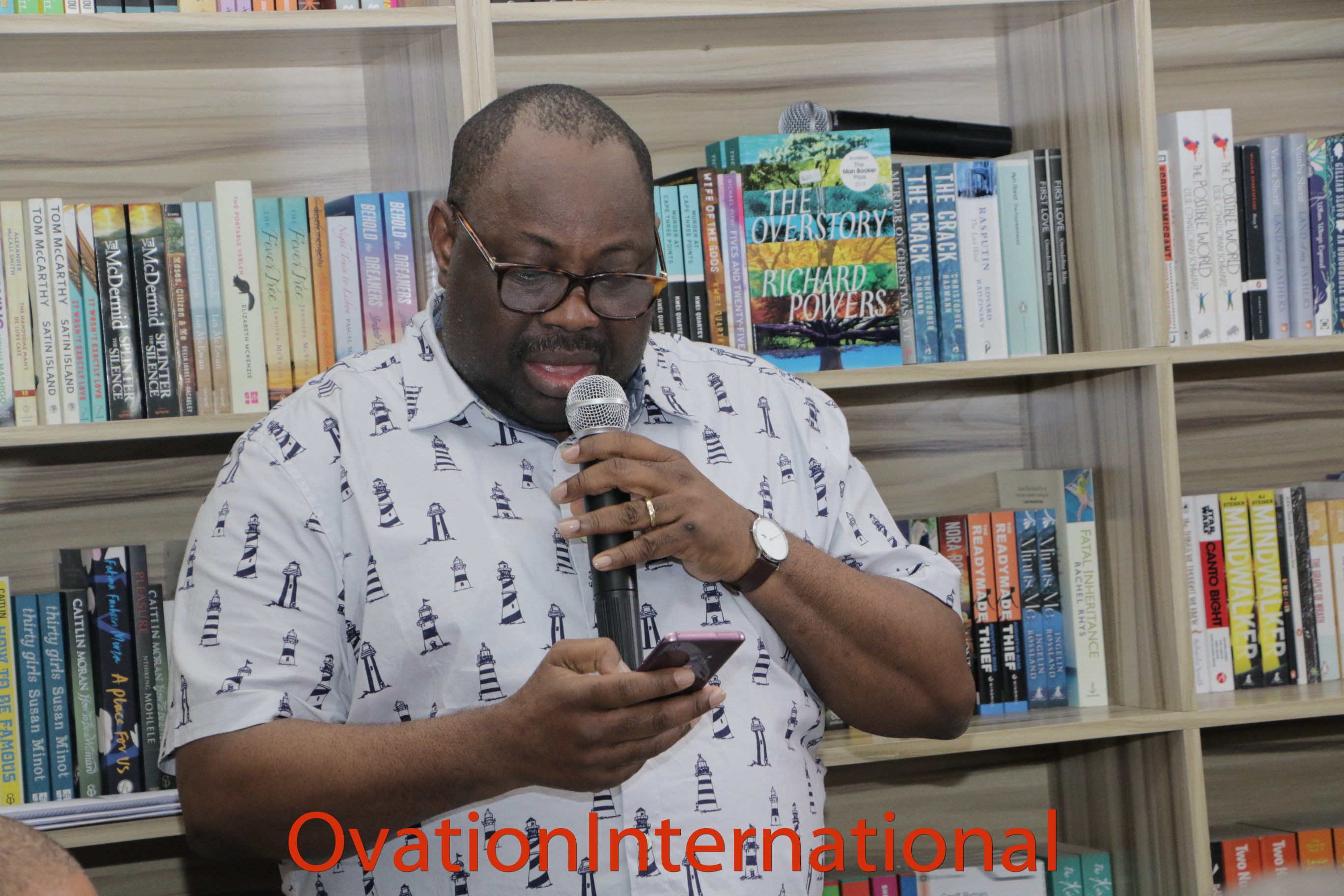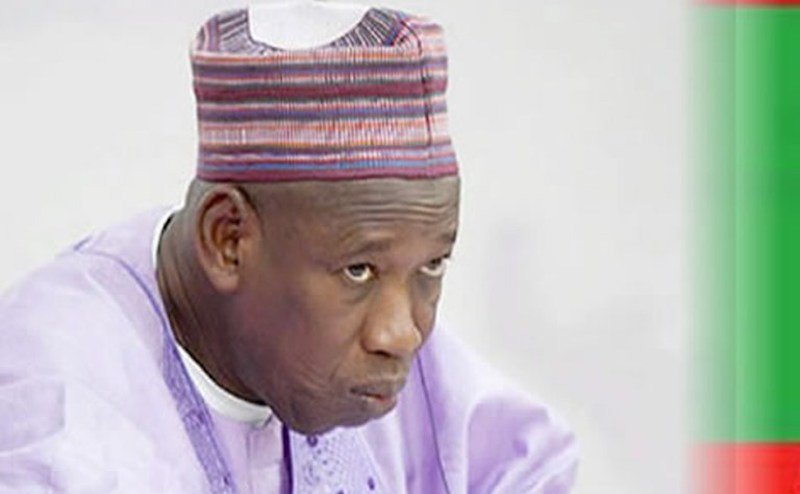Fellow Nigerians, it seems we are back to our season of anomie, a state of total chaos and confusion. Whenever we think we are close to our destination, some invisible demons must drag us back. It didn’t start today but what baffles me is that we appear totally jinxed. And no help seems to be in sight.
I was born in 1960, the year of our Independence. I was about five months old in October of that year, when our people joyously trooped to the streets holding our brand new flags to the skies. They must have had unbounded and unbridled optimism in a brighter future, eternally free from the shackles of colonialism, oppression and suppression. Unknown to them, Nigeria had long been programmed to fail, spectacularly, doomed without redemption, by some forces.
All the wild jubilation soon vaporized and vamoosed, paving a long and possibly endless path to doom and gloom. No Prophet ever foretold the terrible and horrible future ahead. Sooner rather than later, the cookies started crumbling and the house built with spittle soon dissolved and disappeared. Nigeria was blended as a bitter cocktail and concocted to produce the worst odoriferous smell that would make it a laughing stock in the comity of nations. Our people have not helped matters.
The first set of leaders were polished, urbane and educated. But they lacked the most crucial ingredient needed for nation building, UNITY. We still lack this. Many of them preferred to be warlords rather than world statesmen. Despite that, one of them shone brightly and sparkled like a million stars. While others bickered over everything like babies did over lollipops, he made the progress of his people his top priority and irrevocable responsibility. He surrounded himself with the geniuses that abounded in his climes and elsewhere and tapped into their stupendous knowledge.
Apparently, jealousy soon set in, even in his backyard. He was accused of every sin and every crime imaginable and unthinkable. He and some of his associates were charged for treasonable felonies and were prosecuted, convicted and sentenced to long sentences. And the world stood still for many families. The man I have been describing in superlatives was no other than Chief Obafemi Awolowo, then Premier of the old Western Region.
I have gone through this long preamble for a purpose. Many of our youths hardly knew how we lost the relative paradise that was created by the colonial Masters who we were happy to chase away gleefully. Little did we envisage the monumental tragedy that lurked in the not too distant future. Our dastardly leaders have contrived that our youths know precious little of their antecedents by removing the study of history from the curriculum in a bid to hide their failings, foibles and ineptitude.
Anyway, to cut a very long story short, Nigeria got shaken to its marrow as the gladiators, seething with venomous hatred, threw reason and decorum to the winds. Before long, we had the first military coup, then a counter coup, which became a game of ping pong, then rapidly developed into one of the deadliest civil wars on the continent of Africa. The war ravaged the country and millions of people of the Eastern Region in particular. The highly industrious Igbo, were massacred. The war ended but Nigerians learnt no lessons. Instead of binding the wounds, it actually festered it. The much vaunted spirit of “no victor, no vanquished” was never allowed to germinate. The Igbo nation was considered a conquered group and territory, and the seed of discord was planted and nurtured to grow into a monstrosity. Animosity between the major tribes has continued unabated.
After sacking the First Republic unceremoniously, the military ruled for about 13 years before handing over to a civilian government, headed then by President Shehu Shagari, whose government was bedeviled by a disastrous profligacy. The corruption stank to high heavens. Elections were rigged with impunity and it was only a matter of time before everything scattered and a most ferocious military government took over, led by Muhammadu Buhari. The repression was unprecedented. Politicians were herded into prisons, tried and sentenced to ridiculous terms, some for a thousand years. This harshness was predicated on the holier-than-thou posturing of the military leadership who put on a Messianic toga of purity and infallibility. Between 1984-85, voodooism became our economic policy. A once buoyant and boisterous country became a miserable outcast, a leper, choking under the yoke of vindictiveness. Sadly, hypocrisy was discovered to be at the underbelly of the actions. The government collapsed like a pack of cards and another military man, Ibrahim Badamasi Babangida, took over.
Babangida became the opposite of Buhari. He allowed the brightest people in his cabinet to thrive and flourish. But he had two major drawbacks, the corruption that savaged the country and his lack of will to hand over power as promised several times. But he ran a more decent government despite occasional madness. The sad climax was the annulment of the best and fairest election ever held in Nigeria, on June 12, 1993, which was won by Chief Moshood Abiola. Till this day, we are yet to get a satisfactory explanation about what transpired except series of rigmaroles. Between 1993 and 1999, Nigeria suffered in the hands of another draconian ruler, Sani Abacha. It was as if we were born to suffer. By the time Democracy returned on May 29, 1999, and we heaved sighs of relief, everyone felt the worst was over. However, we were only daydreaming. The military class was never truly ready to take its hands off Nigeria’s jugular. It was only a relay race as they changed their batons of backwardness and their garb. The more money Nigeria earned the more it sank into penury and darkness. Olusegun Obasanjo, a former military ruler, returned from prison to become civilian President for eight years. After him came President Umaru Musa Yar’Adua, brother of a former military General, who had died in Abacha’s gulag. Umaru himself died in power.
His death led to the unexpected enthronement of a man from the minority South South region, Goodluck Jonathan, who completed their joint term. Trouble started when he decided to run his own race. Meanwhile from 2003, a former military ruler was hovering around seeking a come back like Obasanjo. He became the biggest foe of Jonathan in 2011 but Jonathan escaped by his whiskers. Soon it was time for another election in 2015 and the two old foes fought a Titanic battle. The retired Major General, Buhari, won. It remains a miracle how he managed to persuade us that he was a born again Democrat. Personally, I trusted him to mellow and try a new approach but I was wrong.
I will not bore you with all the unbelievable things that have happened since 2015 to date but like they say, a lot of water has passed under the bridge. Slowly but steadily, we have returned to full blown dictatorship. Suppression and repression for no just cause has become the norm. It is now so bad that any form of dissent is viewed with grave suspicion. Military jackboots are taking over the land in an unprecedented wave and desire to cow the citizenry (no pun intended). The armed forces, whose sworn and constitutional duty is to protect the country from external aggression, is suddenly being unleashed on an unwitting and unsuspecting Nigerian populace to ostensibly identify them, but in reality put the fear of God in them. The Omoyele Sowore debacle, where an international online media publisher, whose arrest and detention was totally unwarranted and unnecessary seems to have exposed Buhari to global opprobrium. Other than verbal attacks, Sowore lacks the capacity to unseat any government despite his use of the word “revolution” which was just a smart way of drawing attention to his mission. It is only those who do not possess the basic rudiments and working knowledge of the English language, or those with an inherent violent streak, that would ascribe to the word ‘revolution’ a singular meaning of violent overthrow of the government. One of the well known ‘revolutions’ of the world was the ‘industrial revolution’! Clearly, the technological feats attained has become the foundation of landmark achievements in technology today. Sadly, the government fell for Sowore’s abracadabra and today Sowore has largely become the symbol of Democracy in Nigeria, the very antithesis of what a hapless government agency professed that he stood for. The scenario represents a major blight for the government. The longer Sowore stays inside the DSS detention cells, the worse it becomes for the government. The constitutional freedoms of speech, expression and the press have been jettisoned for the muzzling of all and sundry. There is no longer any easy way out for a neurotic government that doesn’t know how to pick its battle. It is fast sinking into a pariah government. A David is about to defeat a Goliath in an ignoble way without slinging any pebble or firing any poisonous dart.
Mark my word, this may be a turning point, for a major upheaval, if not properly handled and managed… Let us pray that someone will heed our admonition.
THE OVATION CAROL 2019
The day is here again when we celebrate the spirit of Christmas and we give hope to the hopeless. The biggest and longest running music carnival is about to be staged tomorrow inside the magnificent EKO HOTEL CONVENTION CENTER.
On the lineup we have Burna Boy (the African Giant), Teni the Entertainer, Olamide, Sir Shina Peters (we are celebrating 30 years of his monster album, ACE), Rudeboy, Onyeka Onwenu, Tim Godfrey, Hymnodia Choir, Rema, Mike Okri, Testimony, Funke Akinokun, Aramide, Mike Aremu, Atorise, Big Bolaji, Fire Boy, Koye Sax, Wole DSB, Fresh L, Gypsy, Jinmi Abduls and others. The event will be anchored by the great comedian, Okey Bakassi.
From 9pm Nigerian time, the Ovation Carol 2019 will go live across Africa on Hip Tv, the hottest youth channel, and also streamed live to a global audience.
Special thanks to the Esther Ajayi Foundation for sponsoring this event, back to back, in the last three years. I must recognise and salute the maiden sponsor in 2007, Dr Tony Elumelu, who has continued to support us till this day. Finally, my warmest regards to the silent power house, the Spirit of Africa, Dr Mike Adenuga Jr for his surreal love at all times.
Who says there are no good people in this world? I know there are, because I know them.

 News6 years ago
News6 years ago
 Featured6 years ago
Featured6 years ago
 Boss Picks6 years ago
Boss Picks6 years ago
 Headline6 years ago
Headline6 years ago
 Headline6 years ago
Headline6 years ago
 Headline5 years ago
Headline5 years ago
 Headline6 years ago
Headline6 years ago
 Headline6 years ago
Headline6 years ago













